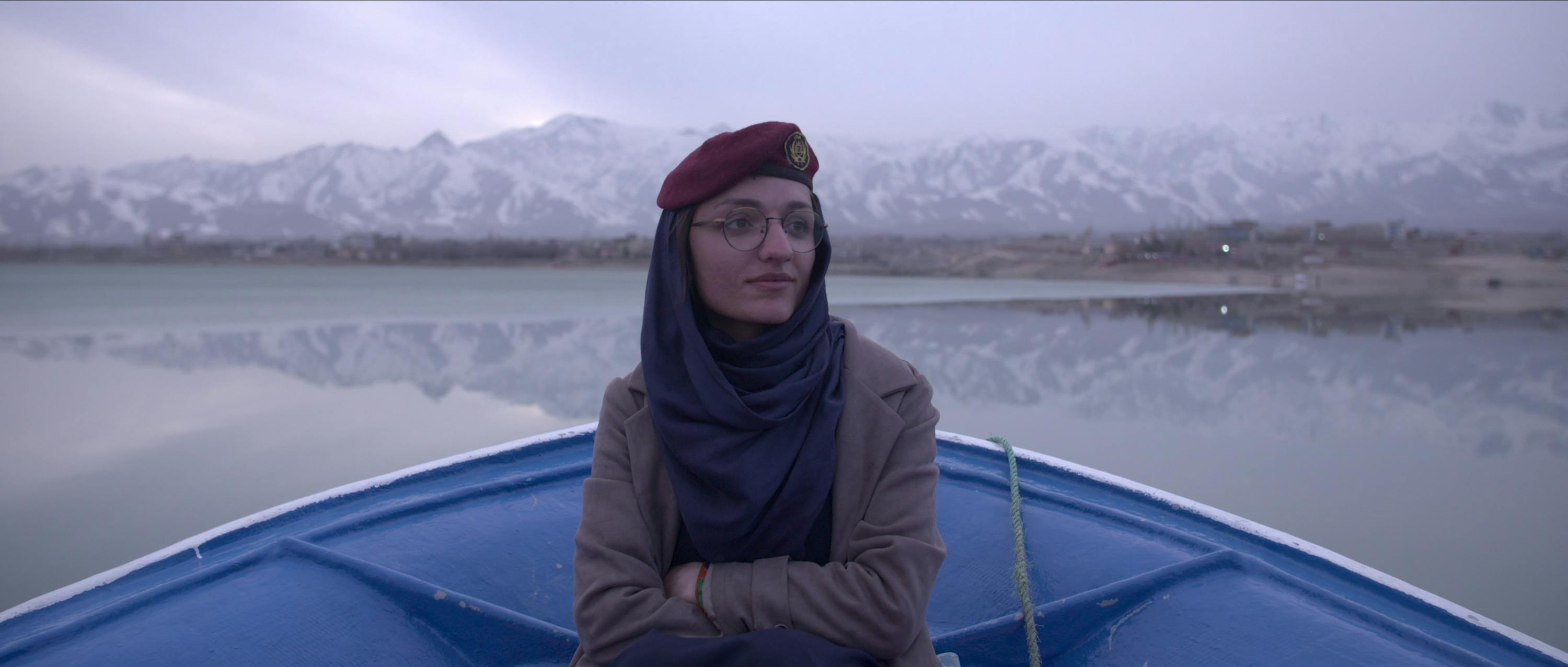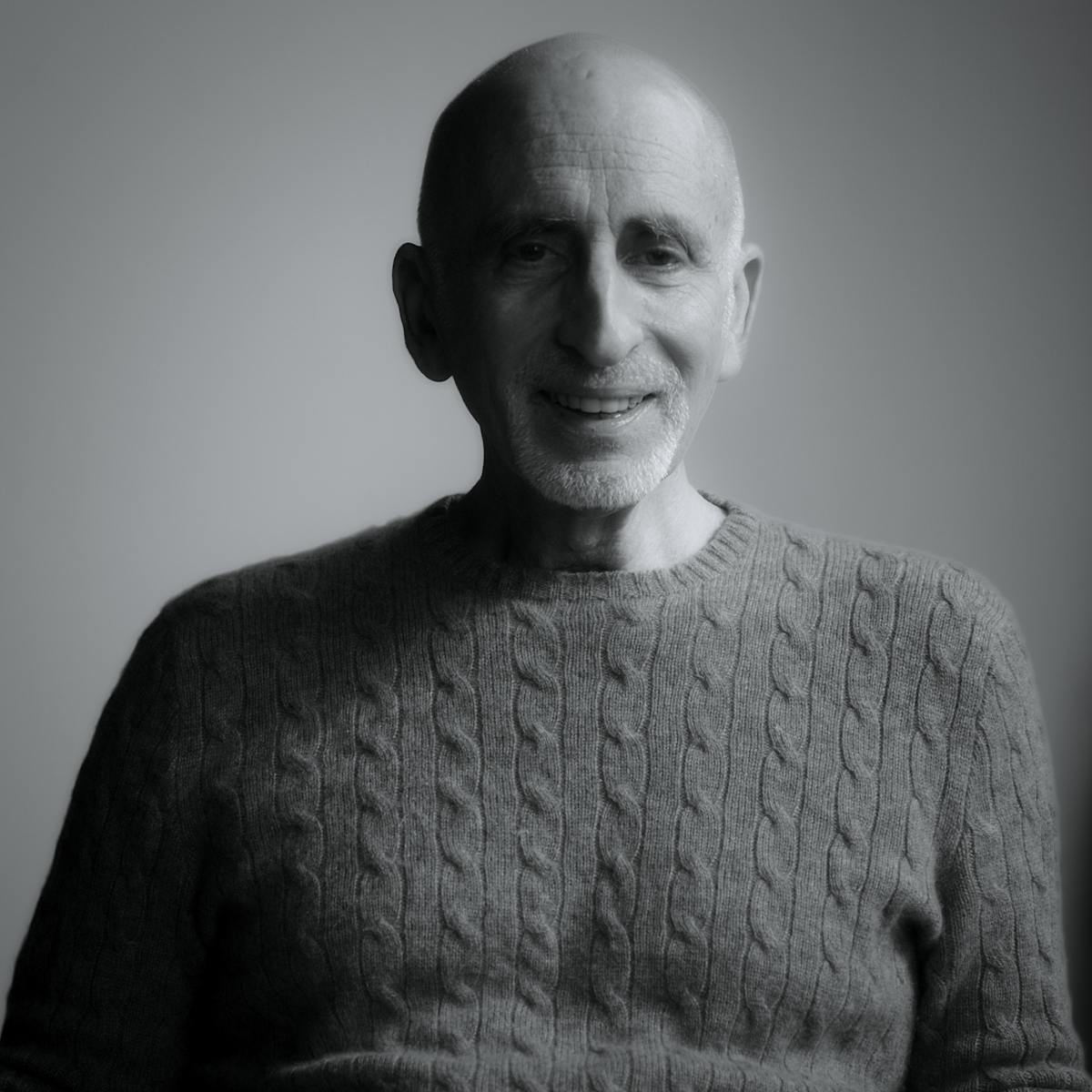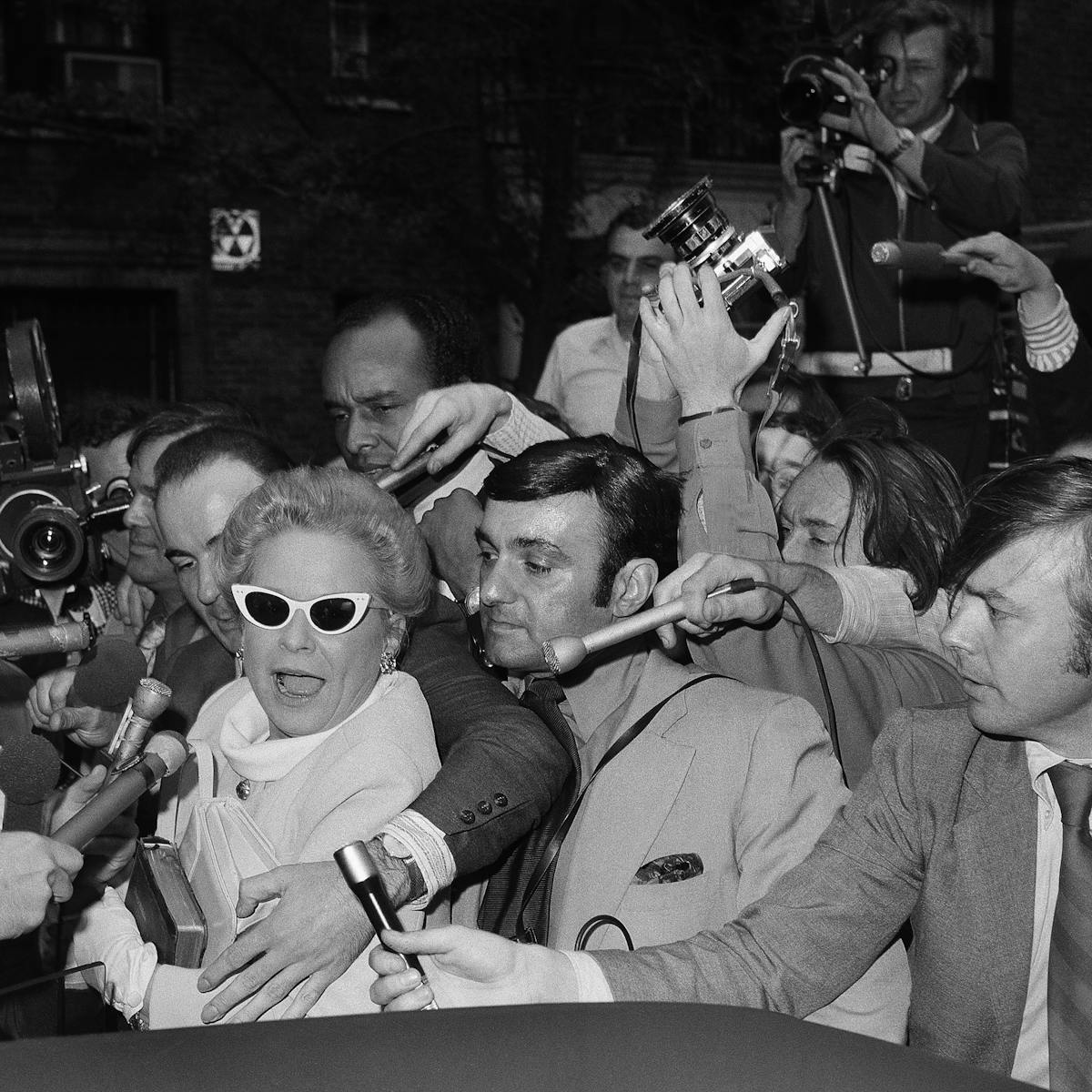It’s hard to begin any discussion of In Her Hands — a documentary about Zarifa Ghafari’s crusade to uplift democracy and women’s rights in her homeland of Afghanistan — without first starting where the movie ends: the withdrawal of U.S. troops from the country in August of 2021, which led to the return of total Taliban rule. The American departure lingers like a ticking time bomb behind the film, which was co-directed by Tamana Ayazi (Learning to Skateboard in a Warzone (If You’re a Girl)) and Oscar-nominated Marcel Mettelsiefen (Watani: My Homeland). “I think we both felt that things were changing and everybody was looking for an exit strategy,” says Mettelsiefen. “And [that] this exit strategy would have a huge impact on the country.”
Executive produced by Hillary and Chelsea Clinton as part of their new production company HiddenLight, In Her Hands was filmed over two tumultuous years, as we watch Ghafari survive an assassination attempt and eventually contemplate fleeing her beloved country with only the belongings she can carry. “This is a story of courage and resilience and gutsiness,” says Hillary. “Chelsea and I have been talking about women who inspire and motivate us ever since she was a little girl. But it’s also a window into [Afghanistan’s relationship with the] Taliban that I think is going to really open a lot of eyes.”
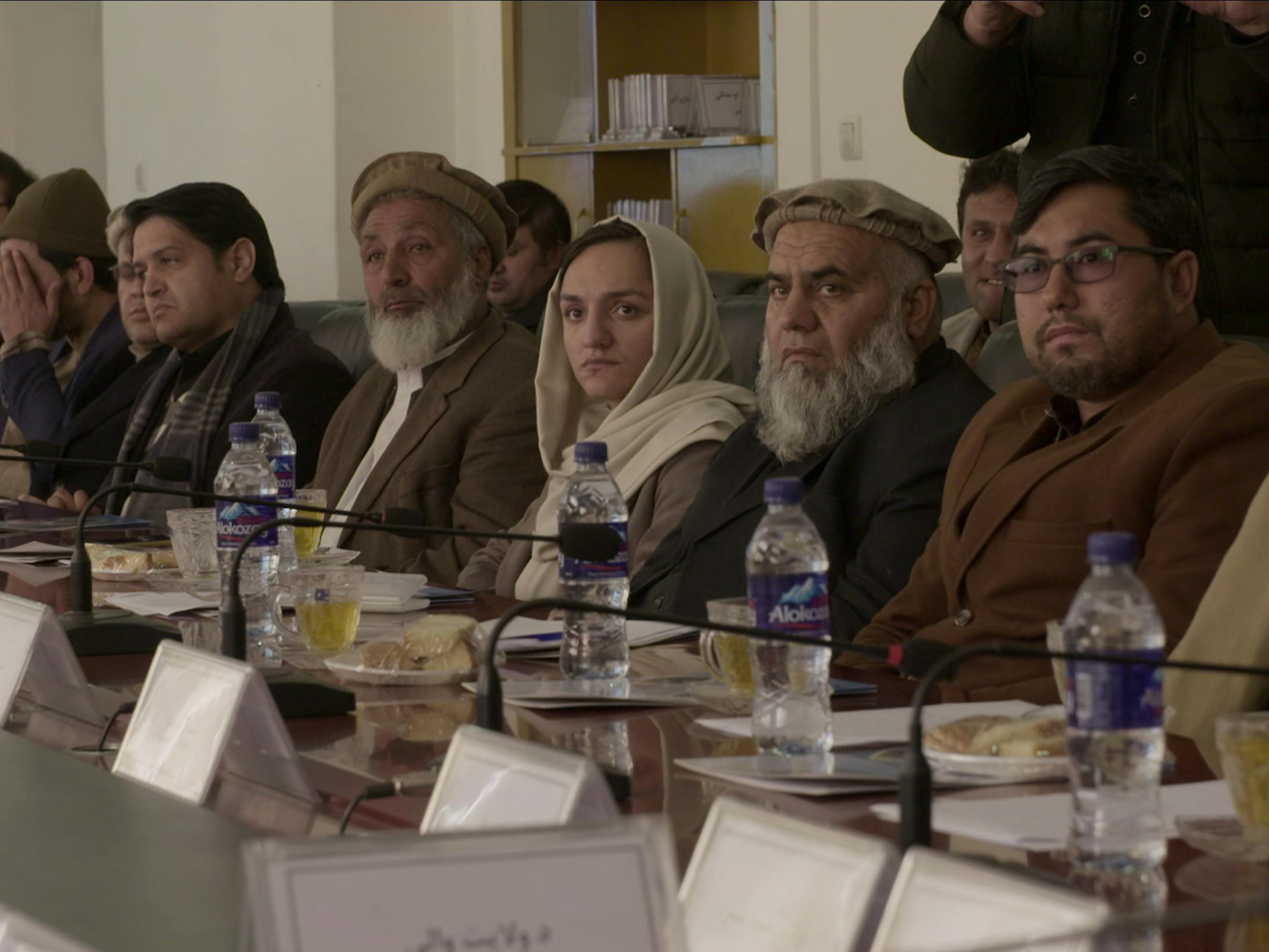
Ghafari, who governed the small city of Maidan Wardak, was one of the only female mayors in all of Afghanistan before the Taliban takeover forced her out of power. “She was very much a country girl, who was fighting her way through [to the top],” says Mettelsiefen. “And once you meet her, you see this full force of energy.” Though still young (Ghafari was born in 1992 and was only 26 when she became mayor), she is old enough to remember what life was like under Taliban rule before 2001, particularly how the regime treated women, who were forbidden education and equality.
As a child, she was determined to go to school and eventually on to university. Her success in persuading her father, a military officer with a more conservative mindset, that education was okay for his daughter and young girls in general, made her believe that she could convince the larger world that her path was righteous, as the film captures so honestly and vividly. “Zarifa opened up herself,” says Hillary. “She had to agree to let people see her without her head covered. She let people into her home. She was very honest in talking about the conflicts with her family because of the risks she was taking.”
This story is about so much more than just Ghafari; it’s also about her family and friends who surround and protect her, like her mom, then fiancé Bashir, and bodyguard and driver Massoum. Devoted to Ghafari and her mission, Massoum calls her a “champion” of his people and promises to protect her with his life, offering a powerful image of a young man who believes in the strength and promise of women in leadership roles. But over the duration of the film he becomes embittered by the complicated politics of survival that ultimately make his journey a murkier one. “He’s representative of the people of Afghanistan,” says Ayazi. “It can’t be more real than that.”
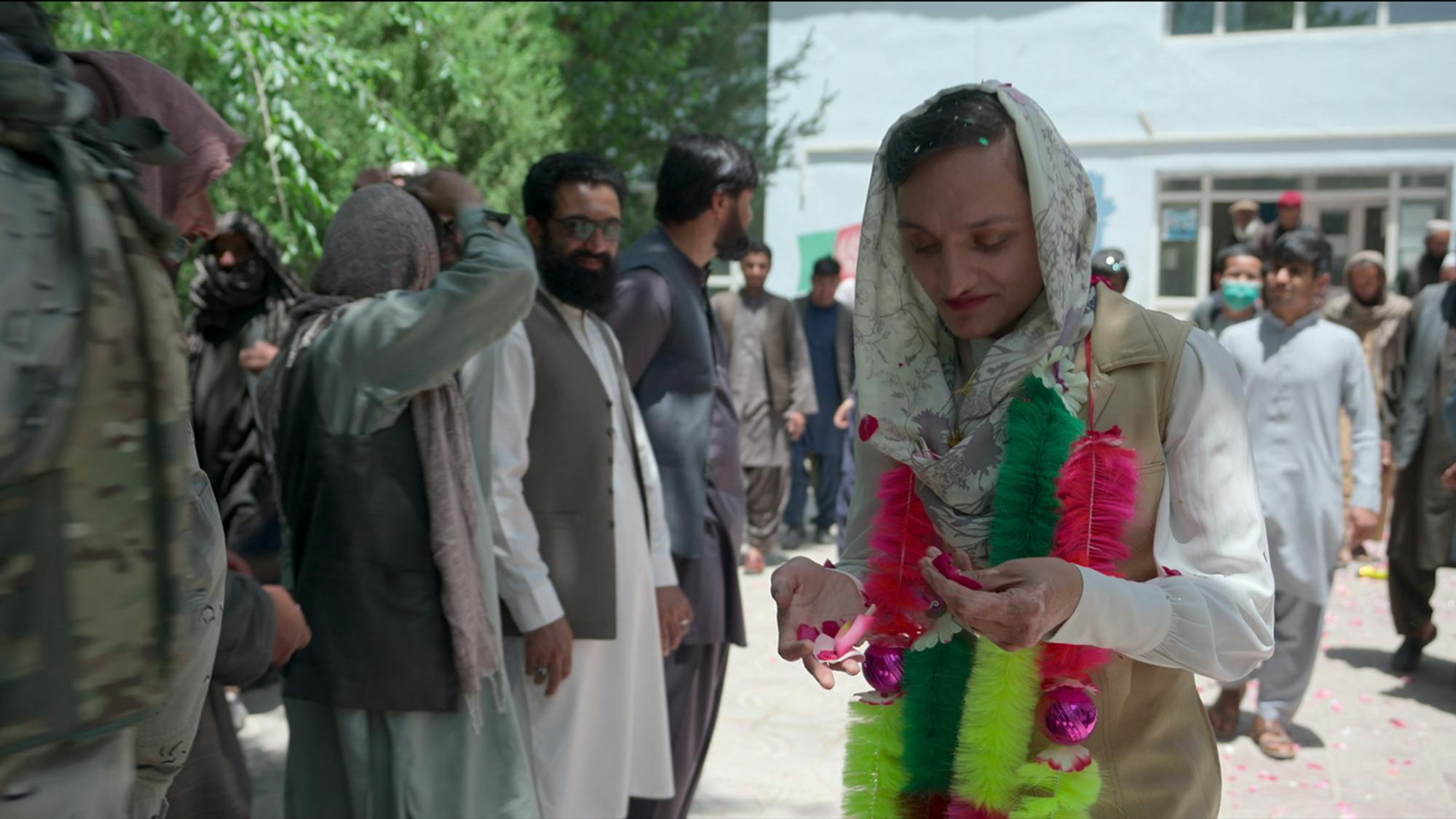
Zarifa Ghafari
In Her Hands also features surprisingly intimate footage from within Taliban territory, including interviews with a mujahideen leader named Commander Musafer. “It was a unique experience for me, as no woman had filmed there for nearly 20 years,” says Ayazi. “Everyone’s talking about the Taliban, but almost no one is talking with the Taliban,” Mettelsiefen continues. “What was really surprising is that they did not ask for any control or who else we were filming. They didn’t ask if they could watch what we were doing. They were very comfortable with their own position.” This unprecedented access offers the viewer an uncomfortable glimpse at the ideology that undergirds radicalism and the lives of those swept up in it. “[The directors] were brilliant in winning the trust of everybody involved, including the Taliban. It was just sheer determination,” says Hillary. “For the Taliban to let [them] come in and interview them was so astonishing to us.”
I LIVE IN A SOCIETY WHERE I HAVE TO FIGHT EVEN AGAINST MY DAD'S THOUGHTS.
Zarifa Ghafari
The film’s impressive access aside, it’s the human moments that make it so powerful. Too often our understanding of worldwide events is filtered through news networks; we see the face of suffering on TV but don’t really get a chance to witness the courage and heartbreak, the risks and resilience. In one scene, we find Ghafari gleefully trying on a dress for her upcoming wedding to Bashir. In another, we hear her fighting with her father about her spending time with Bashir before they’ve sanctified the relationship in marriage. “I live in a society where I have to fight even against my dad’s thoughts. I have to even make my dad understand I am a human,” Ghafari says before breaking down and crying. “We expect iconic characters — certainly Zarifa is an iconic character — to be static or to always behave the same way, even when circumstances are wildly different over time,” says Chelsea. “I think it’s such a tribute to [directors] Marcel and Tamana that they capture the complexity of her life, as her life and the circumstances around her changed.”
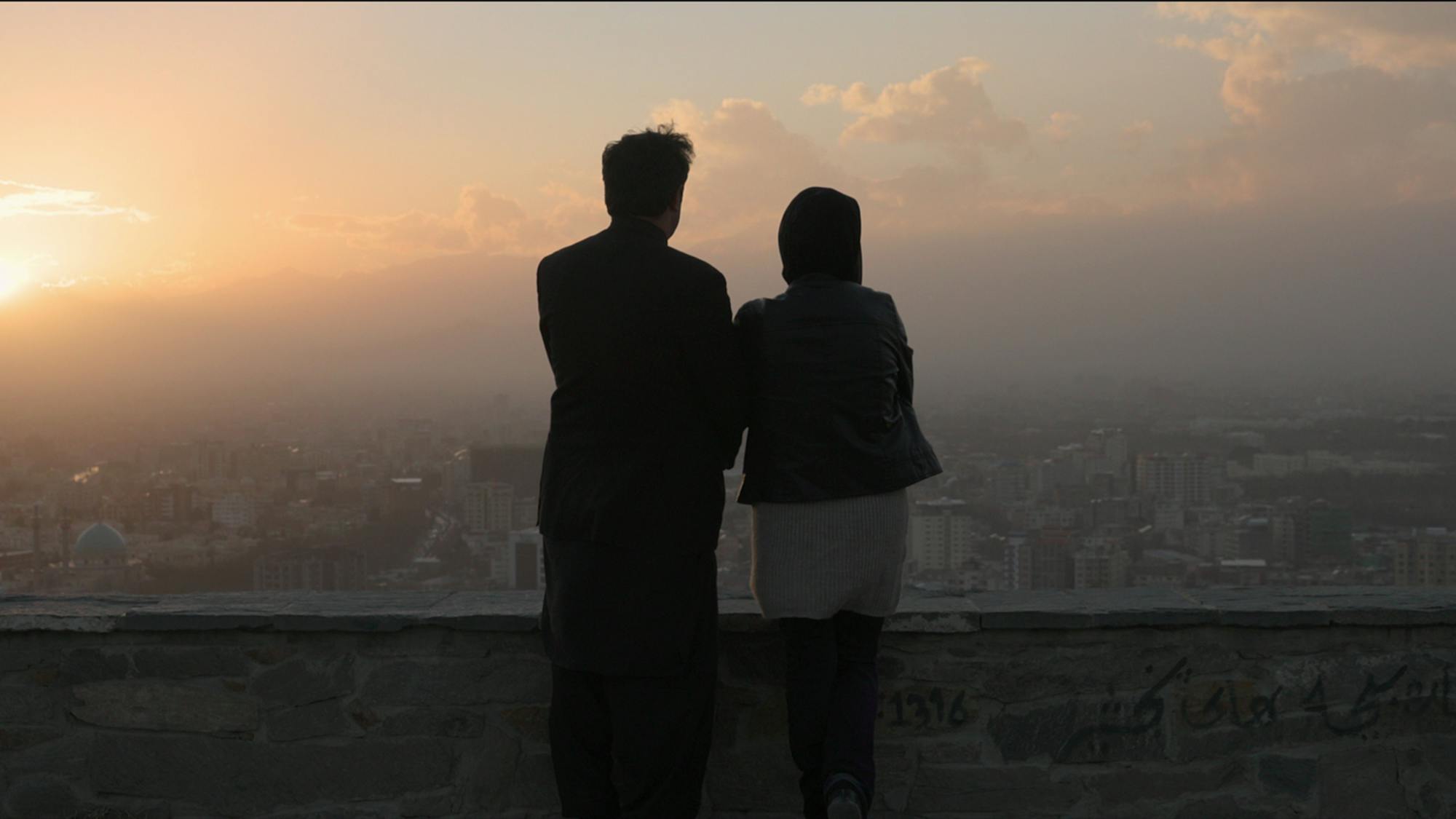
Of course, we are left without a tidy finale. As the U.S. presence leaves Afghanistan, our gaze turns to the now infamous footage of desperate Afghan citizens clinging to departing airplanes as the country falls into chaos. “My hope is that people will learn more about Afghanistan, because the only thing they know about Afghanistan is a collection of general headlines that don’t go beyond surface-level discussions,” says Ayazi. We witness life under the new Taliban regime, including an attack on a group of young girls trying to walk to school. And, of course, we see Ghafari in despair, but never despondent, working, no matter the odds, brick by brick, to build what she hopes will one day be a much, much happier ending.
